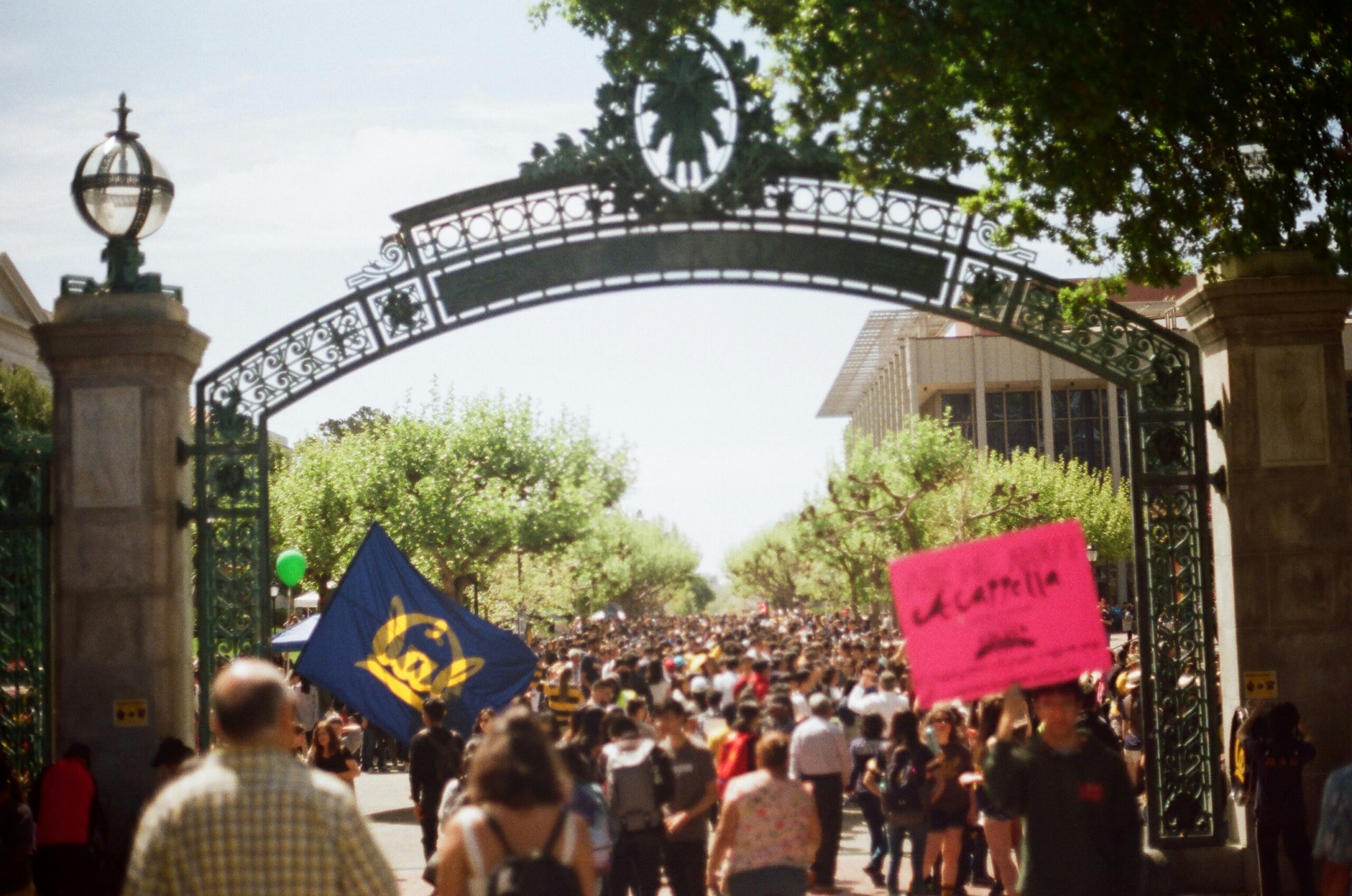
College campuses have always been places where ideas take shape and social movements grow. In recent years, one issue that has garnered considerable attention is the manner in which students and faculty express solidarity with Israel. The discussions often bring together questions of history, identity, politics, and moral responsibility. For many, this solidarity is more than a political stance—it reflects a deep connection to human rights, shared values, and global awareness.
The Roots of Solidarity
Student support for Israel has many layers. Some connect it to religious and cultural identity. Others link it to democratic principles and shared values between Israel and many Western nations. Universities provide spaces for these ideas to surface through lectures, cultural events, student clubs, and academic programs.
Jewish student organizations often play a central role in creating this solidarity. Groups such as Hillel, Chabad, or other campus-based Jewish communities host cultural festivals, prayer services, and dialogue sessions. These events strengthen bonds and create opportunities for non-Jewish students to gain a deeper understanding of Israeli society.
Academic Engagement with Israel
College solidarity is not only expressed in rallies or cultural events. It is also shaped by academic collaboration. Many universities partner with Israeli institutions in fields like science, technology, medicine, and agriculture. These collaborations highlight Israel’s role as a hub for innovation and research.
Students who join exchange programs or summer study trips often return with a deeper appreciation of Israel’s culture and achievements. They share their experiences with peers, which expands understanding and reduces stereotypes. In this way, academic engagement becomes a bridge for solidarity.
Student Activism on Campus
Solidarity often finds its loudest voice through activism. Pro-Israel student groups organize events that highlight Israel’s democratic character, its cultural diversity, and its achievements in science and technology. They host film screenings, panel discussions, and interfaith dialogues. These activities help shape the narrative about Israel in a balanced and informed way.
At the same time, activism is not without challenges. Many campuses see debates between pro-Israel and pro-Palestinian groups. These debates can sometimes grow tense. Yet, they also demonstrate the vitality of academic life, where differing views come together in open discussion. For students who support Israel, the goal is to ensure their perspective is heard clearly and respectfully.
The Role of Cultural Expression
Music, art, and literature provide another path for solidarity. Israeli dance performances, Hebrew language clubs, or film festivals bring Israel’s culture to life. These events often draw wide audiences, including students who may not otherwise engage with political debates.
Cultural expression makes solidarity visible and approachable. It demonstrates that support for Israel extends beyond politics to encompass an appreciation for human creativity, resilience, and diversity.
Building Bridges through Dialogue
One of the most meaningful aspects of campus solidarity with Israel is dialogue. Student leaders often invite speakers from diverse backgrounds, including Israelis and Palestinians, to share their experiences. These conversations promote empathy and a deeper understanding of the conflict’s complexity.
For many students, solidarity with Israel includes supporting peaceful solutions and coexistence. They see their role as one of bridge-building—helping their peers see beyond headlines and understand the lives of real people.
Challenges and Pushback
Solidarity with Israel on college campuses does not exist in isolation. It faces challenges, such as political protests, boycott campaigns, or heated classroom debates. Students who express support for Israel may encounter criticism or social pressure.
Yet, these challenges often strengthen solidarity. They encourage student leaders to learn more, to defend their positions with facts, and to engage in respectful dialogue. Rather than silencing support, opposition often inspires deeper commitment.
Solidarity as a Human Experience
Solidarity with Israel on campuses is not only about geopolitics. It is also about human connections. Many students express their support because of friendships, family ties, or personal experiences. For example, students who visit Israel often speak about its vibrant society, the hospitality of its people, and the way it balances tradition with modern life.
This human dimension gives solidarity its staying power. When students see Israel not only as a headline but as a place with real people and stories, their support becomes personal.
The Future of Campus Solidarity
Looking forward, campus solidarity with Israel is likely to grow more complex. As global debates shift, students will continue to face questions about identity, justice, and their own responsibilities. Yet, colleges will remain important spaces for this conversation.
Digital platforms are already reshaping the way solidarity is expressed. Online campaigns, social media groups, and virtual events reach wider audiences than ever before. This digital solidarity allows students to connect with peers across different campuses and even across borders.
At the same time, face-to-face engagement will remain vital. Dialogue sessions, cultural events, and personal encounters are the foundation of solidarity. They foster the trust and empathy necessary to navigate challenging conversations.